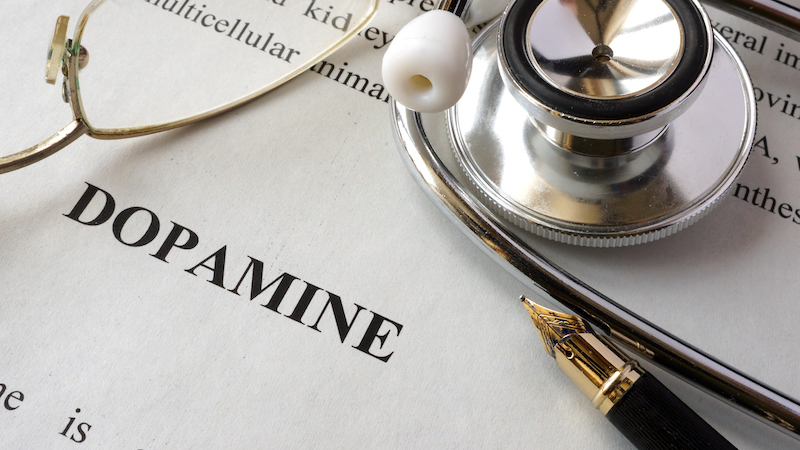It has long been accepted that dopamine is the pleasure molecule of the brain. It is common knowledge that a large amount of dopamine is released in the nucleus accumbens area of the brain when we do pleasurable things – like eat food, drink alcohol, use mood altering chemicals and have sex. When the dopamine is released, we experience a strong sensation of pleasure and, of course, we are likely to want to repeat that experience. We also know that many mood altering chemicals such as cocaine, alcohol and methamphetamine cause the release of pleasurable amounts of dopamine in the nucleus accumbens – way more dopamine than we humans were ever meant to experience. This heightened pleasure sensation is the biggest reason why people continue to use legal and illegal mood alterants.

But now, more light is being shed on just how complex are our brains and how different parts of the brain interact. Scientists are now also calling dopamine “the anticipation molecule” because it has been shown that dopamine is also released in large amounts when we anticipate a pleasurable experience. We actually release dopamine in the nucleus accumbens and get a sensation of pleasure by just thinking about having one of these experiences. Additionally, having uncomfortable thoughts (lonely, anxious, fearful, etc.) can cause one to shift to a conditioned response that includes thinking about something to help overcome the discomfort. Actually, just thinking about having a pleasurable experience is not quite enough to release excessive dopamine. The process of releasing higher amounts of dopamine is exacerbated when we are someplace where sensory stimuli are involved, such as a party, bar, concert, etc., The large amount of dopamine is released when multiple things happen – we are uncomfortable “in our own skin” and anticipate how we have been able to change the “mood” in our past, think about how this pleasurable experience has previously “worked,” be in an environment where our senses are stimulated and there is a realistic opportunity that we will be able to have the pleasurable experience – true anticipation.
We can all relate to this and know that this is true. Let’s say we are quite hungry and someone brings out a plate of warm chocolate chip cookies. We are suddenly presented with the opportunity to eat one of our favorite comfort foods. In this situation our brains will actually release a small amount of dopamine and we will experience a thought – “maybe I should have one cookie.” We start to process this situation and think about the different possibilities. We could refuse the temptation and not have the cookie, or maybe we think that we could have just one. Our thoughts about the cookies begin to become a little more like a desire. We analyze the pros and the cons. Combining the visual stimuli with the anticipatory thoughts causes our thoughts to switch towards making the decision that one cookie wouldn’t be so bad, and “What the heck – I will just eat one.” As these thoughts increase, we start to anticipate how good the cookie will taste! Our old memories kick in. At this point, our pleasure center is releasing so much dopamine, we are getting very excited and we can’t wait to eat that cookie. We know how good it is going to be! We anticipate (dopamine response) the pleasure. We bite into the cookie, and it happens –it was good but not quite good enough. So, what do we usually do? HAVE ANOTHER, of course. The thought pattern is the second one will be better!! It is amazing to know we actually got more dopamine from anticipating the cookie than we received from the cookie itself.
Being in an environment that causes one to anticipate “enjoyment” is just the same. Thought patterns and sensory inputs can cause anticipatory dopamine release. This means that it is critical to learn the thought patterns which can create anticipatory release of dopamine as a means of helping deal with the situation at hand. Learning one’s uncomfortable thought processes as well as the sensory inputs that influence the hippocampus and nucleus accumbens becomes critical for controlling the use of mood altering chemicals. The CBT/DBT technique of quiet time and journaling for reflection becomes critical to prevent a remission to excessive substance use.

























